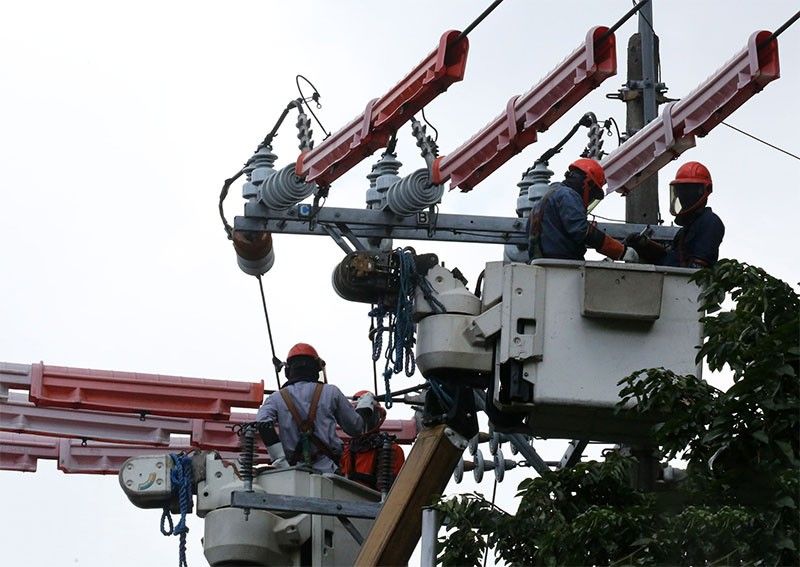Extended TRO vs Meralco’s CSP could raise power rates – think tank

MANILA, Philippines — The continuing order that halted the power supply bidding of Manila Electric Co. (Meralco) will only result in unnecessary delays and higher power costs, according to infrastructure think tank Infrawatch PH.
This came after the Taguig Regional Trial Court extended the duration of the temporary restraining order (TRO) against Meralco’s auctions for 1,000 megawatts of additional power supply to 20 days from 72 hours.
“The TRO is a significant setback to the progress we’ve made in ensuring a transparent and competitive power sector,” Infrawatch PH convenor Terry Ridon said in a statement.
The procurement of a new power supply through a competitive selection process (CSP) is deemed essential to meet the growing energy needs of Meralco’s franchise area, which includes Metro Manila and nearby provinces.
The Manuel V. Pangilinan-led power distributor initially set the bid submission deadlines for the 600-MW baseload and the 400-MW mid-merit supply contracts on Aug. 2 and 9, respectively.
However, the order, issued on Aug. 2 but only made available over the weekend, prevents Meralco from continuing the conduct of the CSPs.
“This is not just a legal issue; it’s a direct attack on the principles of fairness and efficiency that govern our energy sector,” Ridon said.
Infrawatch PH also criticized the legitimacy of the parties challenging the CSP process, claiming that the complainants “lack the necessary qualifications and direct stake” in the power generation sector.
The latest court order was issued in response to a petition for injunction filed by the Malampaya consortium, which consists of Prime Energy, UC 38 LLC, Prime Oil and Gas Inc. and PNOC Exploration Corp.
“It is baffling and concerning that entities with no qualifications or direct stake in the power generation industry are being allowed to challenge these proceedings,” Ridon said.
He further claimed that the interference of the petitioners is “unwarranted and detrimental” to the interests and welfare of consumers who rely on a reliable and competitive power market.
“Consumers should be spared from the intramurals of contending oligarchies vying for control in the power sector. The power sector exists to serve the people, not the other way around,” he said.
While supporting indigenous fuel sources is beneficial to ensure energy security, Ridon emphasized that this should not come at the expense of higher electricity rates.
“Our energy policies and legal frameworks should prioritize the needs and welfare of the public above all else. It’s high time we depoliticize the power sector and focus on what truly matters: delivering reliable, affordable, and sustainable energy to every Filipino household,” he said.
- Latest
- Trending




























